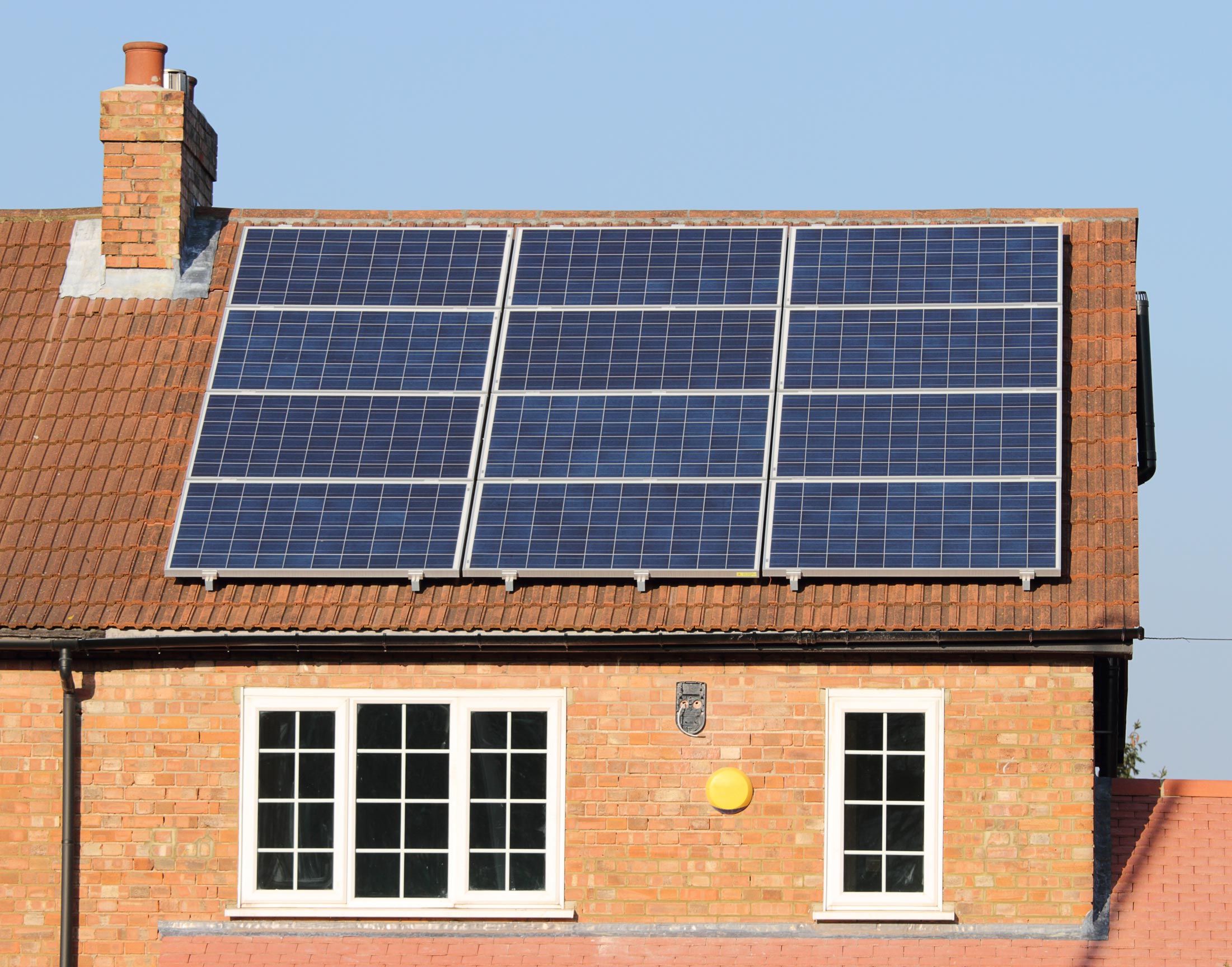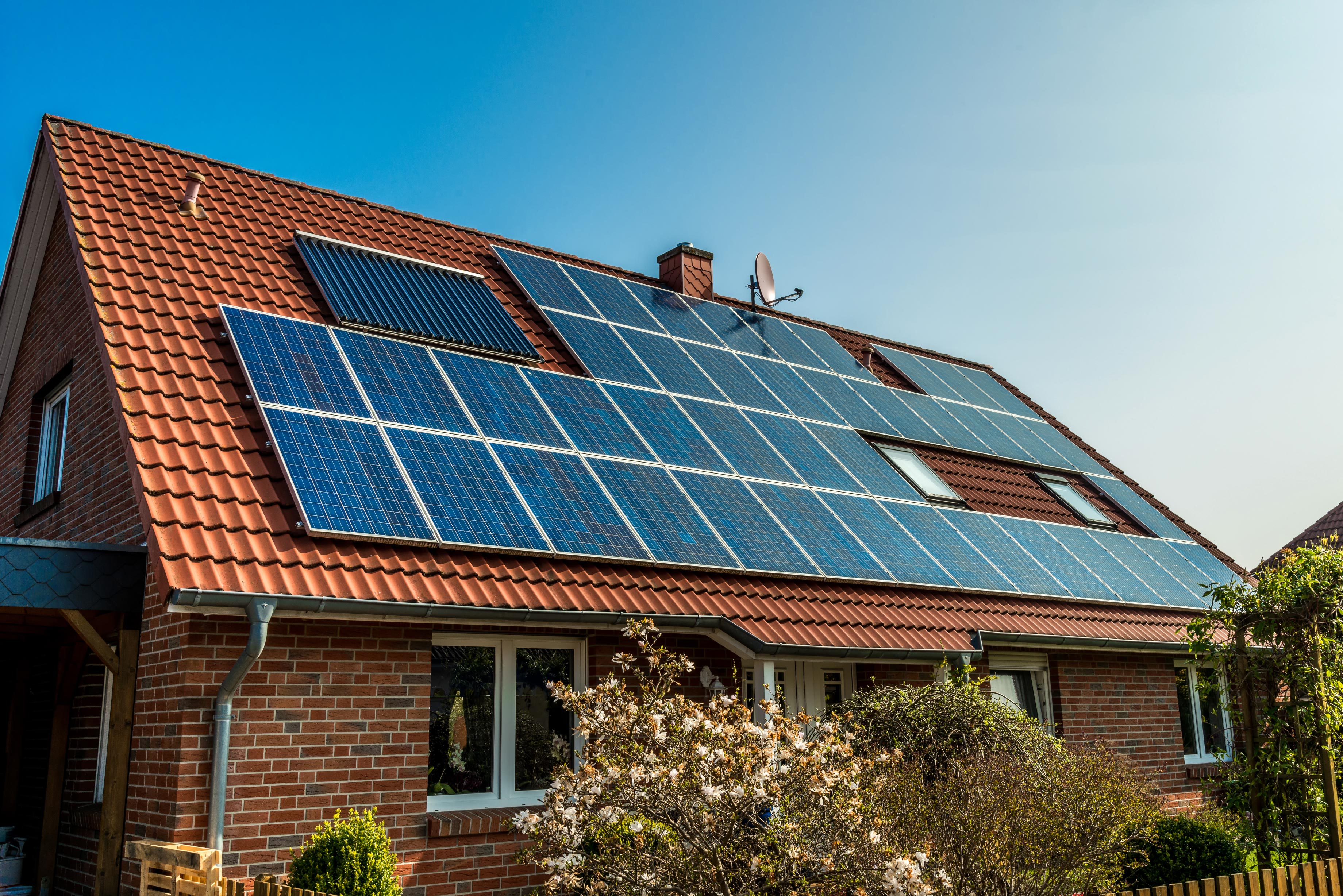Does the UK Get Enough Sun for Solar Power?
One of the common misconceptions about solar power is that it's only viable in countries with year-round sunshine, like Spain or Australia. But what about the UK, known more for its overcast skies than its sunny days? Does the UK get enough sunlight to make solar power a feasible option for homeowners and businesses? In this blog, we'll explore the realities of solar energy production in the UK and debunk some myths surrounding solar efficiency in less sunny climates.
Understanding Solar Power Generation
Firstly, it's important to understand how solar panels work. Solar panels generate electricity by converting sunlight into energy, even on cloudy or overcast days. While it's true that solar panels are most efficient under direct sunlight, they don't actually need clear skies to function. Modern photovoltaic (PV) panels can capture different parts of the light spectrum, meaning they can still generate power when the weather is overcast.
Solar Energy in the UK: A Closer Look
Despite its reputation for grey skies, the UK receives a significant amount of sunlight - enough to make solar energy a viable option. According to the Met Office, the UK averages around 1,500 hours of sunshine per year. While this is less than the European average, it's more than enough for effective solar power generation.
Regions in the South of England enjoy the most sunshine, with the Isle of Wight, Cornwall, and the Sussex coast being among the sunniest places. However, even northern regions, which receive less sunlight, can still benefit from solar panel installations. In fact, Germany, a country with a climate similar to the UK and less average annual sunshine, is a world leader in solar energy production.
Real-life Success Stories
There are numerous success stories across the UK that highlight the effectiveness of solar power. For example, the Anesco solar farm in Berkshire generates enough electricity to power more than 14,000 homes annually. Similarly, the Shotwick Solar Park in Flintshire, North Wales, is one of the largest solar farms in the UK and supplies energy to a nearby factory, significantly reducing its reliance on the grid.
Financial and Environmental Benefits
Installing solar panels in the UK is not only feasible but also financially savvy. Homeowners and businesses can benefit from reduced electricity bills and protection against rising energy prices. Additionally, the UK government's Smart Export Guarantee (SEG) pays solar energy producers for excess electricity fed back into the national grid, providing an additional income stream and shortening the payback period of solar installations.
Environmentally, solar power reduces your carbon footprint and contributes to the UK's renewable energy targets. As the country moves towards net-zero emissions, solar energy will play a crucial role in the energy mix.
Considerations for Potential Solar Panel Owners
If you're considering solar panels in the UK, there are several factors to take into account:
- Roof Orientation and Angle: South-facing roofs typically yield the best results, but east and west-facing installations can also be effective.
- Shading: Ensure your roof is free from shade as much as possible, especially during the peak sunlight hours of 10 am to 4 pm.
- Size of the Installation: A larger installation will capture more sunlight and generate more energy, but it's essential to balance this with your energy needs and budget.
- Energy Efficiency: Maximizing your home's energy efficiency will reduce your overall energy requirements and make your solar system even more effective.
Conclusion
The myth that the UK doesn't get enough sun for solar power is just that - a myth. With modern advancements in solar technology and the country's surprisingly adequate levels of sunlight, solar energy is not only feasible but also a wise investment for many UK residents. By embracing solar power, homeowners and businesses can enjoy lower energy bills, contribute to a greener future, and help the UK move towards a more sustainable energy system.









